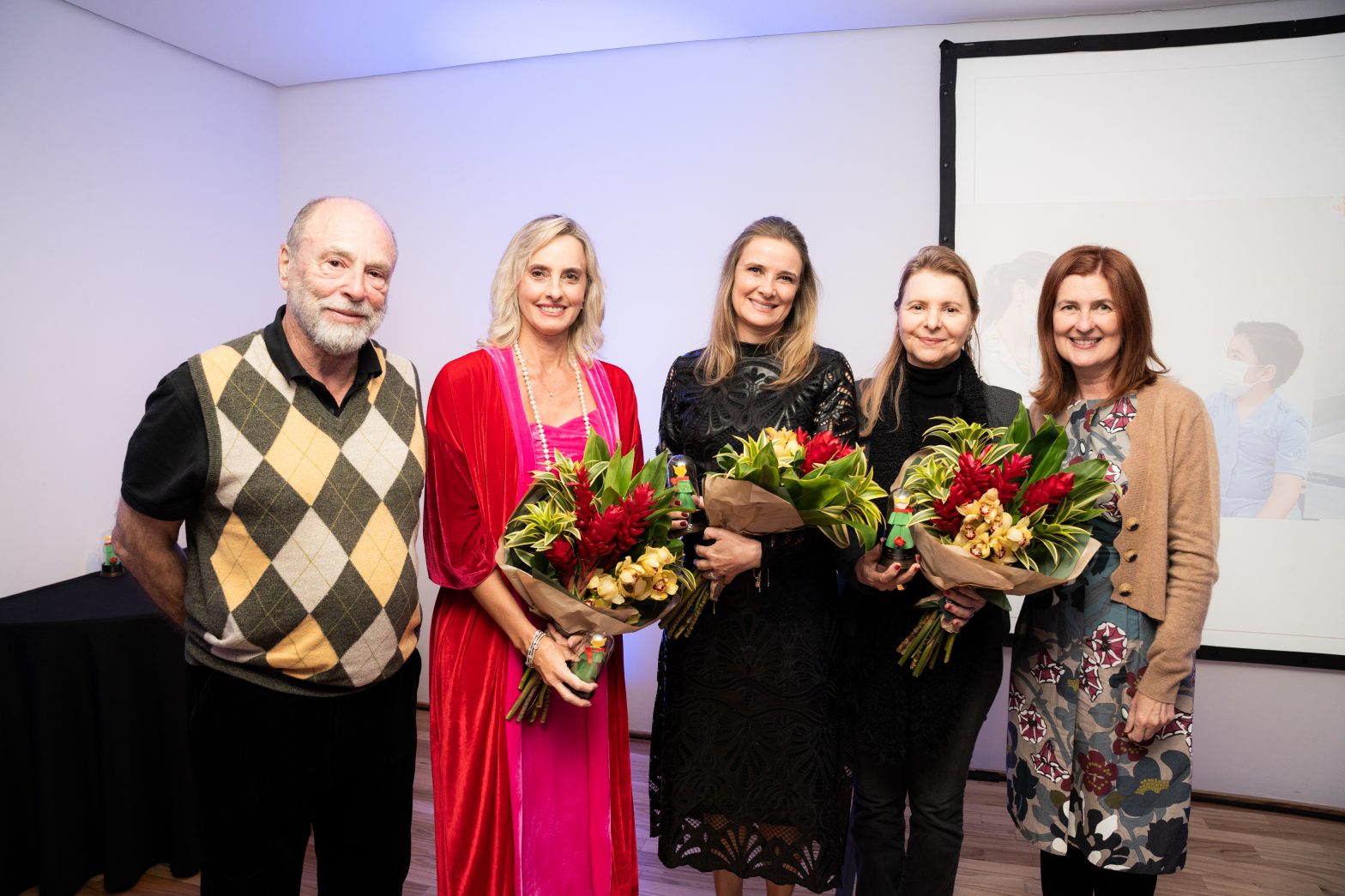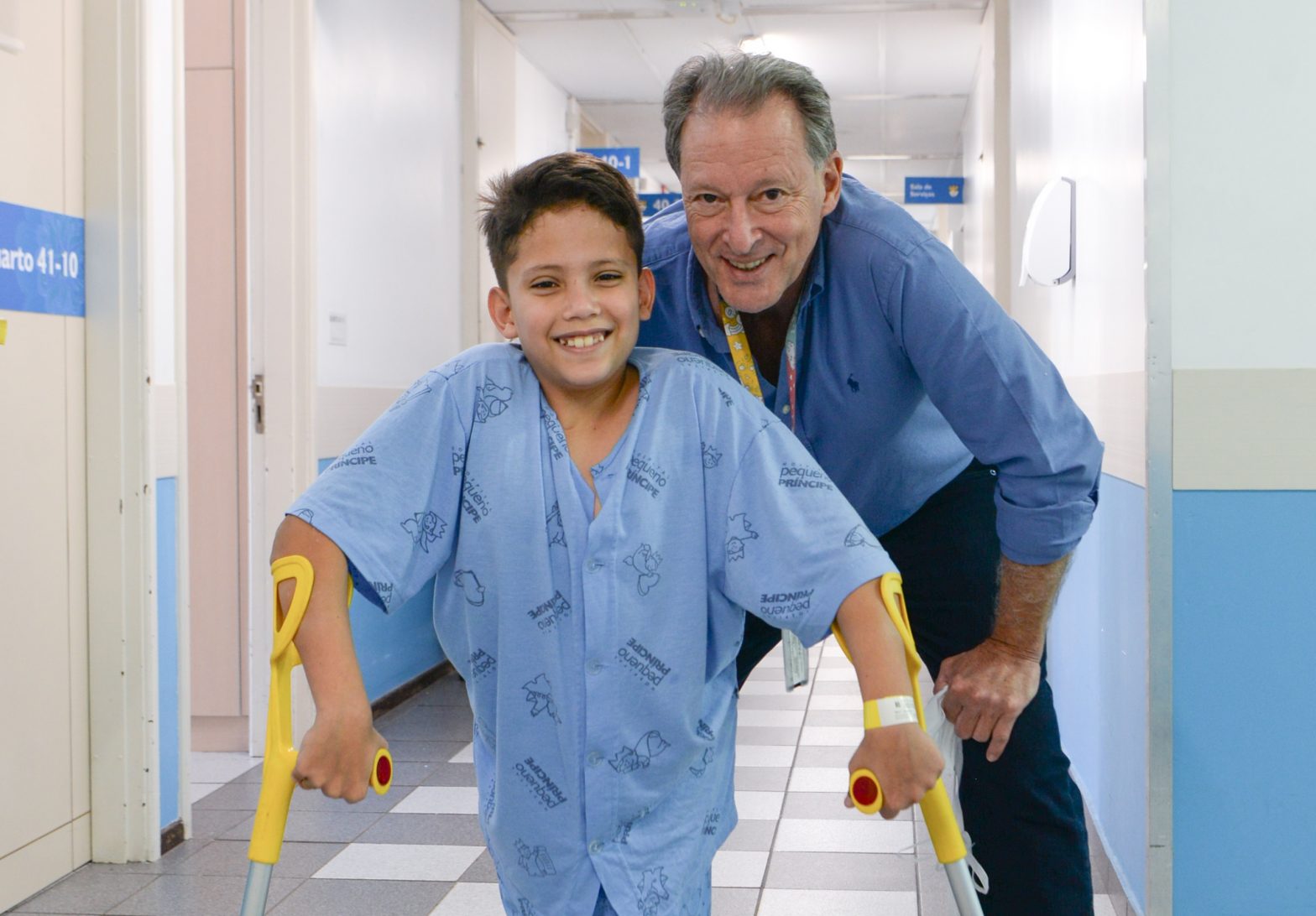Pequeno Príncipe maintains a completely free rehabilitation unit
Around 500 children and adolescents receive care annually at the structure, which is financed with the support of society
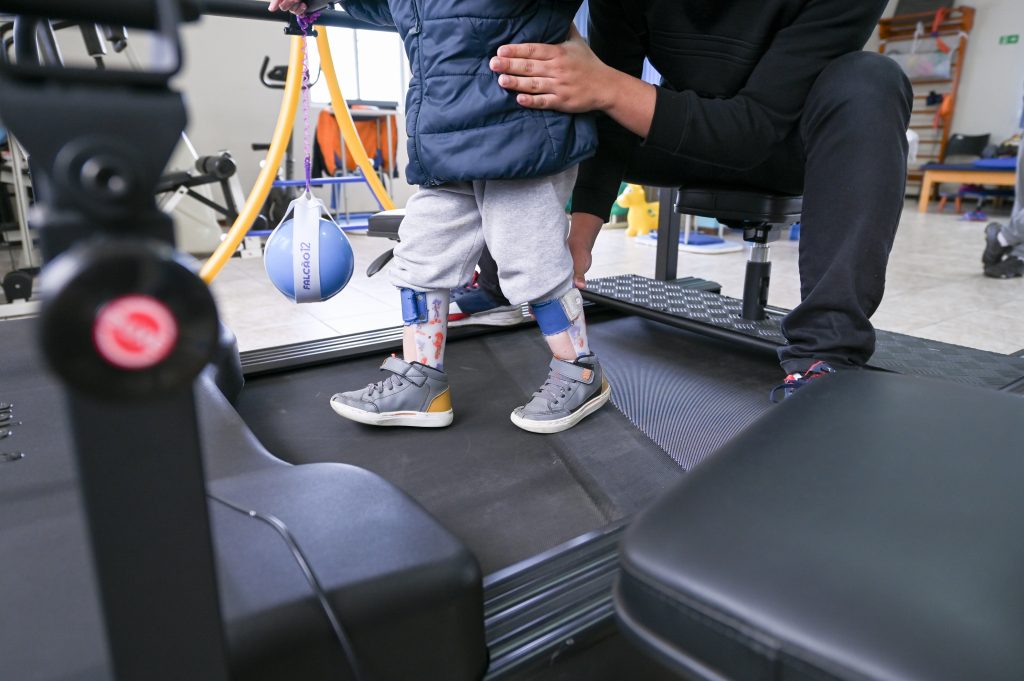
According to UNICEF, 240 million children and adolescents worldwide have some type of disability. In Brazil, data from the Brazilian Institute of Geography and Statistics (IBGE, abbreviation in Portuguese), from 2023, indicate the existence of around two million children and adolescents aged from 2 to 19 with some type of disability. For these children and their families, the challenges of growing, developing and belonging are even greater. The illiteracy rate among people with disabilities, for example, is 19.5% in the country, compared to 4.1% among people without disabilities. The condition continues to have an impact on adult life as well. According to IBGE, only 29% of people with disabilities were employed in Brazil in 2022.
“The SUS [the Brazilian Public Health System] was created in 1990, but the National Health Policy for People with Disabilities was only published in 2002. This discrepancy gives a clue to the fragility of the assistance network that exists today to serve children with a disability in the country. In our Rehabilitation and Coliving Center, we seek to offer complete care, guaranteeing these boys and girls all their rights,” emphasizes the special advisor to the board of Pequeno Príncipe, Thelma Alves de Oliveira.
At the Rehabilitation and Coliving Center of Pequeno Príncipe, all services are offered free of charge. “We are not talking about services provided by the SUS or through health insurance plans. These services are fully funded by us, with the support of society, through donations from individuals, legal entities and the Judiciary,” explains Thelma. The unit caters for all types of physical and mental disabilities, including autism. In 2023, 480 children and adolescents were assisted.
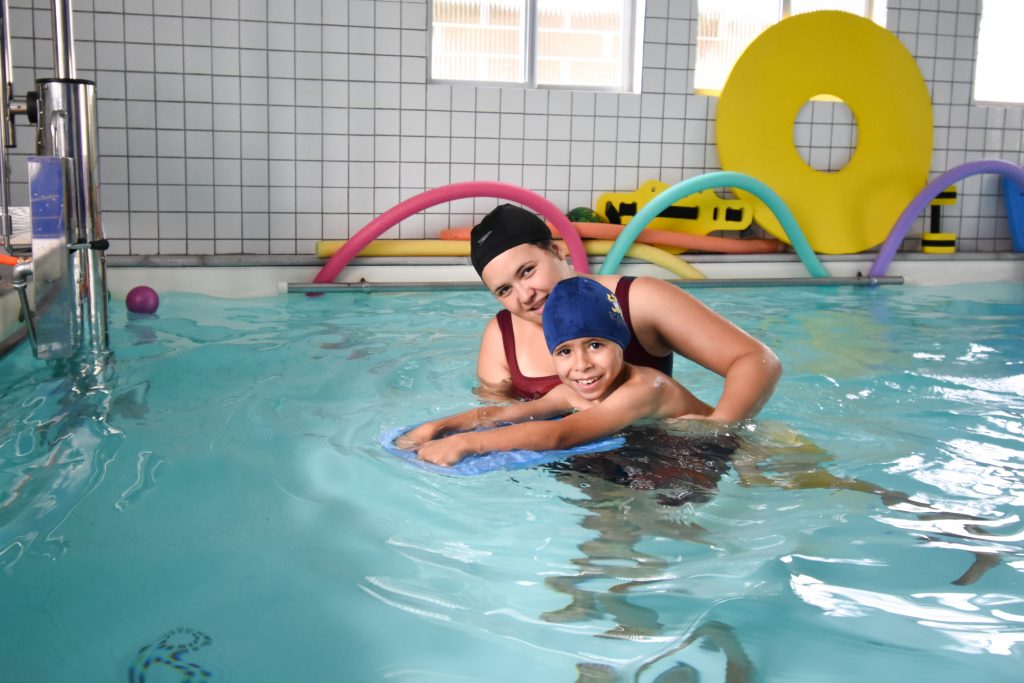
Rehabilitation
Patients treated at the Pequeno Príncipe’s unity receive care from a transdisciplinary team. “Children and adolescents need numerous professionals, such as physiotherapists, psychologists, speech therapists, social workers, among others, in addition to family participation, which is an essential part of the rehabilitation process,” highlights psychologist and unit manager, Patricia Bertolini.
The Center offers land, aquatic and virtual reality physiotherapy, occupational therapy and psychological support. Many patients receive support to continue their treatment at home. To this end, they receive monthly kits of medical materials, such as probes, serums, gloves and equipment, and food kits for families in situation of social vulnerability.
Mental health, coliving and social inclusion
Patients’ families also receive care at the unit, with a focus on mental health. In the space, they participate in support groups with other parents and in lectures and meetings on a wide range of topics of individual and collective interest.
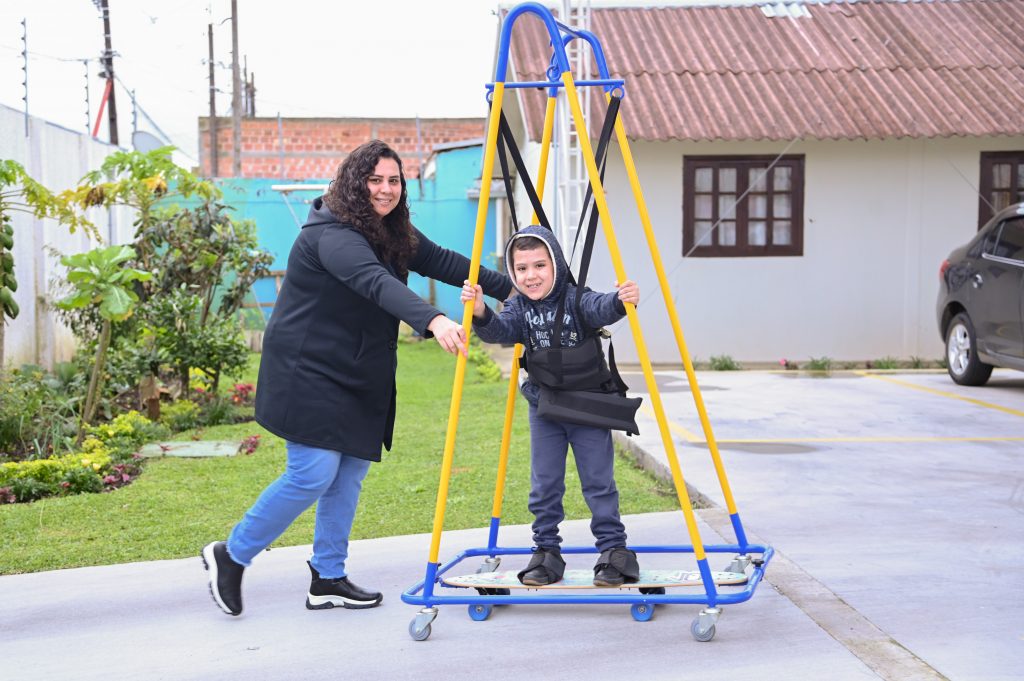
Social inclusion also involves the schools attended by patients, as the Rehabilitation and Coliving Center offers guidance and lectures at the institutions about the work carried out and the deficiencies addressed. In addition, the space promotes events open to the community and monthly draws for tickets to cultural events for the families.
In partnership with Universidade Livre do Esporte, patients practice adapted sports, such as fencing and wheelchair tennis. Physical activities help in the development of physical and mental health.
Structure
The space has a large structure to care for children and adolescents in equipped treatment rooms, a physiotherapy room and a swimming pool.
– Computerized Gait Laboratory
The only one operating in Paraná with free service, the space performs computerized assessment of the patient’s gait, helping the medical team in choosing a more assertive therapeutic approach.
– Adapted park
It has various equipment for games, as well as skateboarding. The space is used to rehabilitate patients and is open to the community by appointment.
– Virtual Reality Rehabilitation Room
The virtual reality room uses software that projects various exercises onto the wall and floor, with therapeutic objectives.
More
Pequeno Príncipe Gala 2024 will be held in São Paulo
Dinner with the participation of the patronesses marked the launch of the event, scheduled for September 30
Pequeno Príncipe carries out spinal surgery joint effort
In Brazil, the average waiting time to carry out the corrective procedure through the Brazilian Public Health System (SUS) is four years and three months, which can compromise the development and lives of children and adolescents


